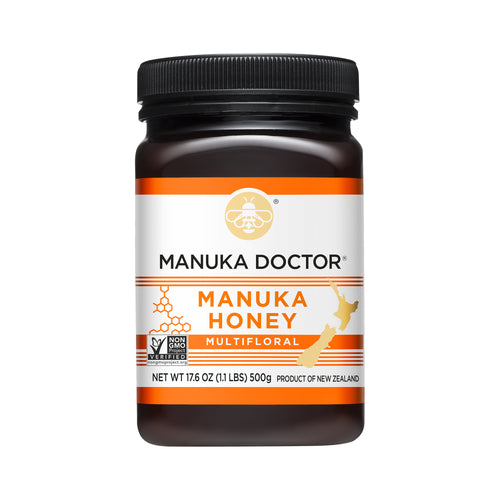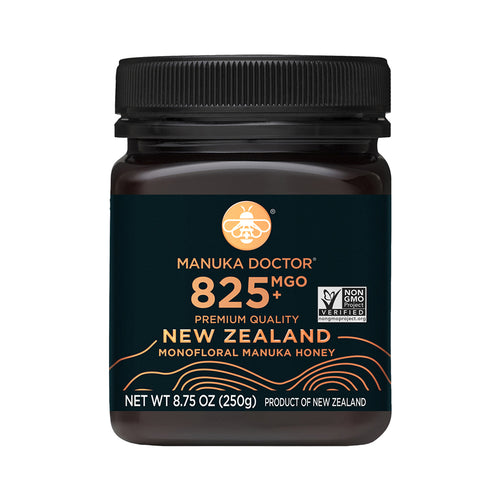Our skin is our biggest organ and certainly the one most other people see. It is a reflection of internal health as well. When you aren’t feeling well, others can notice it most likely as a pre-historic, almost animal instinct; to stay away.
While there is that, there is also just wanting to look good. Nothing wrong with a bit of vanity, especially when it forces us to take better care of ourselves. As I am a big believer in the fact that food heals, it can also make your skin look better - that glow from within - that we all strive for.
It is also true that without a proper diet as the foundation of your health journey, you can add nutritional supplements, expensive treatments and the kitchen sink at your body; but it isn’t going to work as well.
So, let’s take a look at my top 5 foods for helping your complexion naturally - in no order of preference:
- Fatty Fish - such as salmon, mackerel, and herring, are excellent sources of omega 3 fatty acids, which are important for maintaining skin health. They are necessary to help keep skin thick, supple, and moisturized; can help reduce inflammation, redness and acne; make your skin less sensitive to the sun’s harmful UV rays; a great source of vitamin E, essential for helping protect your skin against damage from free radicals and inflammation; a great source of protein for maintaining the strength and integrity of your skin; and lastly gives us zinc vital for reducing inflammation, promoting overall skin health, the production of new skin cells and not having enough can lead to lesions and delayed wound healing.
Try a new Manuka recipe today!

- Manuka Honey - speaking of wound healing, manuka has been used for centuries in this regard; but it is good for topical skincare because it's naturally soothing and the anti-bacterial qualities can be useful for redness or acne. The MGO found in Mānuka honey gives it greater antimicrobial properties than other honeys, which means it’s better able to fight skin conditions like acne and rosacea. As an anti-inflammatory, it can also help soothe red, irritated skin; as an anti-oxidant, Manuka helps ward off free radical damage such as wrinkles; and Manuka has moisturizing properties to help with dry skin.
- Red and Yellow Bell Peppers - are an excellent source of beta carotene, which your body converts into vitamin A which can act as a natural sunblock. When eaten, this antioxidant is incorporated into your skin and helps protect your skin cells from sun exposure. This may help prevent sunburn, cell death, and dry, wrinkled skin. These are also one of the best sources of vitamin C - necessary for creating collagen, which keeps skin firm and strong, leading to less wrinkles.
- Tomatoes - are a great source of vitamin C and contain all of the major carotenoids, including Beta carotene, lutein, and lycopene which have all been shown to protect skin against damage from the sun. They may also help prevent wrinkling. To help get these carotenoids absorbed better, eat them with a little bit of fat from avocados, for instance (which in and of itself has many skin benefits).
- Dark chocolate - as if you needed one more reason to eat chocolate. In one study after 6–12 weeks of consuming a cocoa powder high in antioxidants each day, participants experienced thicker, more hydrated skin. Their skin was also less rough and scaly, less sensitive to sunburn, and had better blood flow — which brings more nutrients to your skin. Other studies show that your skin can withstand more UV light with less wrinkling. But it can’t be the super sugary chocolates - sugar will negate any of the positive effects - it must be cocoa at least 70% - best to keep it above 85% if possible.
We eat ourselves into unhealthy states all the time - wouldn’t you once like to reverse some of that damage? And look at the delicious foods that can make a world of difference to how your skin looks and feels.

Read more: Why is bee venom so important for skincare?




